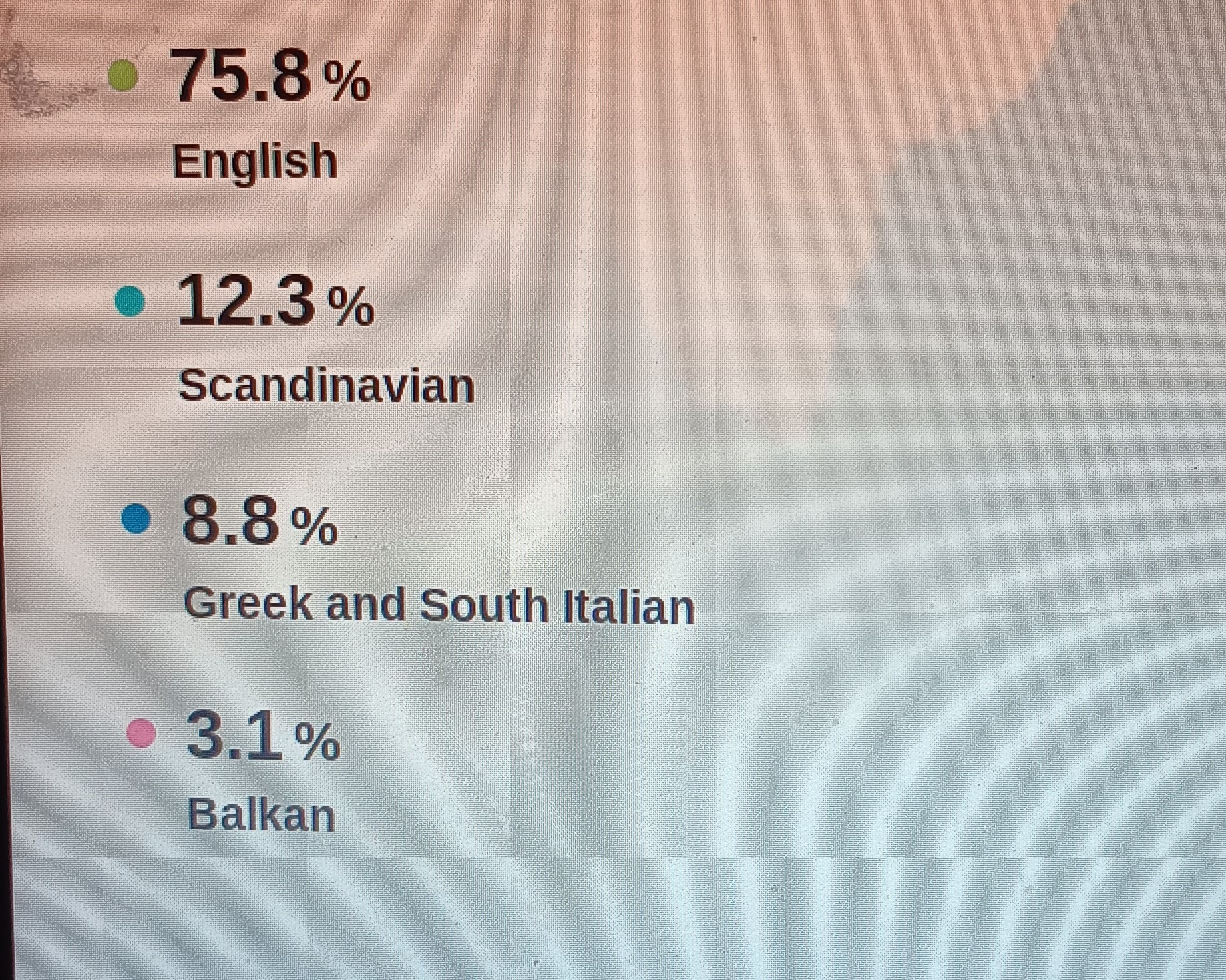Navigating Inflation can be managed. As the cost of living continues to rise, many people are feeling the pinch in their wallets. Whether you’re trying to save for the future, pay off debt, or simply make ends meet, the impact of rising prices can be a real challenge. However, fear not! In this blog post, we’ll explore what inflation is, why it’s happening, and provide you with practical tips on how to save money right now despite the ridiculous prices.
Understanding Inflation
This is the gradual increase in the prices of goods and services over time. It erodes the purchasing power of your money, meaning that the same amount of money can buy fewer things as time goes on. While inflation is a natural part of any healthy economy, it can become problematic when it rises too quickly, outpacing wage growth and causing financial stress for individuals and families.
Why Is Inflation Happening Now?
Several factors contribute to the current rising prices:
- Supply Chain Disruptions: The COVID-19 pandemic disrupted global supply chains, causing shortages of essential materials and slowing production. As a result, the prices of goods and services have surged.
- Increased Demand: As economies reopen and consumers regain confidence, there’s a surge in demand for goods and services. This increased demand puts an ever high soaring increase on our prices.
- Fiscal and Monetary Policies: Central banks have implemented expansionary monetary policies, such as low-interest rates and asset purchases, to stimulate economic recovery. While these measures are necessary, they can also contribute to rising prices.
- Rising Commodity Prices: The prices of key commodities like oil, lumber, and metals have skyrocketed due to various factors, including supply constraints and increased global demand.

Practical Tips to Save Money in an Inflationary Environment
- Budget Way Smarter:
- Create a detailed budget planner to track your weekly income and everyday family expenses.
- Identify areas where you can cut back on discretionary spending, such as dining out or entertainment.
- Prioritize The Savings:
- Make saving a requirement and not just a part of your monthly budget.
- Consider setting up a small safe or money transfers to a savings account to ensure it get’s there.
- Invest Wisely:
- Explore investment opportunities that can outpace these prices, such as stocks or real estate.
- Diversify your investment portfolio to spread risk.
- Shop Smart:
- Look for discounts, sales, and coupons when shopping for essentials.
- Consider buying in bulk or stocking up on non-perishable items during sales.
- Reduce Debt:
- Pay down high-interest debt to reduce interest costs.
- Consider refinancing home or auto loans to make sure you are at the lowest rates possible.
- Increase Your Income:
- Explore opportunities for side hustles or part-time work to supplement your income.
- Invest in your talents and or further your skills to increase your earning potential.
- Embrace Thriftiness:
- Reduce, reuse, and recycle whenever possible.
- Explore second-hand markets for clothing, furniture, and other items.
- Monitor Inflation:
- Stay informed about increasing rates and economic trends to make informed financial decisions.
Conclusion
Inflation may be on the rise, but with careful planning and smart financial choices, you can navigate these challenging economic times. By budgeting wisely, prioritizing savings, and making informed investment decisions, you can protect your financial future and ensure that rising prices don’t derail your financial goals. Remember, it’s never too late to start saving and making prudent financial decisions, regardless of the economic environment.



















